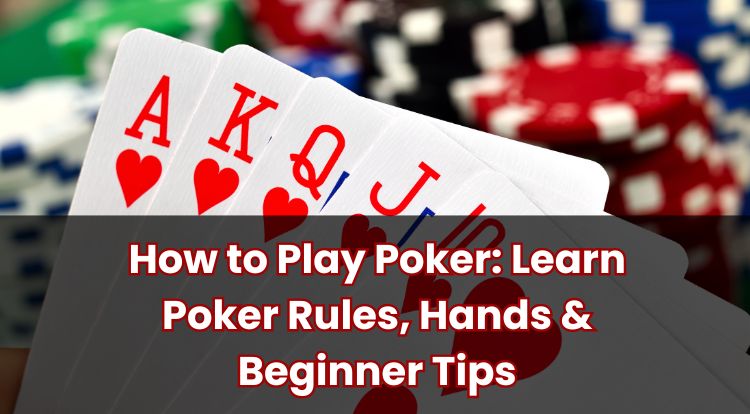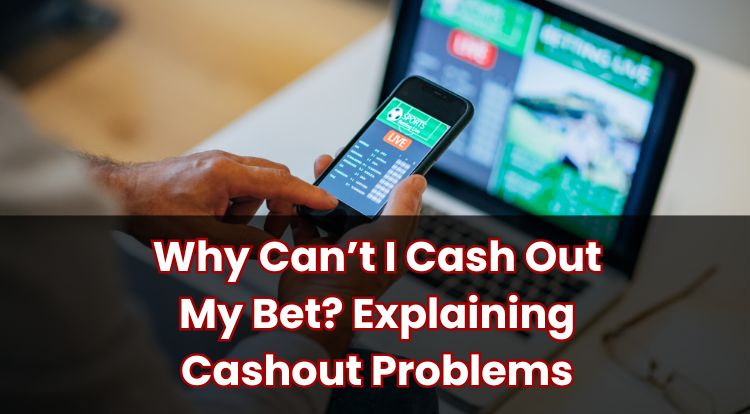How to Bet on Boxing Matches: Rules, Tips & Insights
Boxing has long held a place in sports betting, with a variety of markets to explore and plenty to consider before getting started. Whether you’re simply curious or beginning to learn the ropes, developing a solid understanding of the basics might help provide useful context.
This blog post explains how betting on boxing works, outlines the most common markets, shows you how to read odds, and covers the key rules involved. It also looks at how to interpret a fight card, consider different possible outcomes, and avoid some frequent pitfalls.
Read on to learn more about the ins and outs of betting on boxing.
What Does Betting on Boxing Involve?
At its core, betting on boxing involves selecting potential outcomes within a fight—often starting with the most straightforward: trying to predict who might win. Beyond that, there are other possibilities tied to how the bout may play out or conclude.
All bets must be placed with a bookmaker that holds a valid licence from the UK Gambling Commission (UKGC). You must be 18 years or older to legally place a bet in the UK.
The bettor chooses a market, stakes an amount, and confirms the bet. The potential return, if the selection is successful, depends on the odds offered at the time the bet is placed. If you choose to bet on boxing, it’s essential to understand that all betting carries risk, and no outcome is ever guaranteed.
Before considering potential returns, you might want to know how those figures are represented.
How Do Boxing Odds Work?
Boxing odds reflect the bookmaker’s view of how likely a particular outcome is, and they also determine how much you could receive if your bet wins. In the UK, these are commonly displayed as fractions (e.g., 2/1 or 4/6), although decimal odds may also be used:
- A fractional price of 2/1 means a £1 bet would return £2 profit plus your £1 stake (total £3).
- A price of 4/6 means you’d need to stake £6 to make £4 in winnings, plus your £6 back.
- Decimal odds (e.g., 3.00) include the total return—so £1 at 3.00 would return £3, including the stake.
Odds can fluctuate before the event due to factors like injuries, betting volume, or opponent changes. Always check the most up-to-date odds beforehand if you’re considering placing a bet, and ensure you understand how the bet type works before committing any funds.
Popular Boxing Bet Types Explained
Moneyline Bets
This is the most straightforward market—picking which fighter you think might win. Some bookmakers offer a two-way market (win/lose, with a draw voiding the bet), while others include the draw as a third outcome. Check the market type carefully.
Round Betting
This market focuses on timing. You’d be choosing both the winner and the exact round the fight might end in. Because there’s a narrower margin for error, the potential returns are usually higher—however, this does not guarantee any outcomes.
Method of Victory
This expands on the result, asking not just who might win, but how. Options include knockout, technical knockout, points decision, or a draw. Settlement is based on the official result as declared on the night.
Over/Under Rounds
Here, you’re deciding whether the fight could end before or after a certain point. For example, if the line is set at 7.5 rounds, then anything before the halfway point of round eight would be considered “under”; anything beyond would be “over”.
Market rules may vary between bookmakers, so understanding how each bet is settled is important before staking any funds.
What Rules Should You Know Before Betting on Boxing?
Most bets are settled based on the official result announced at the venue. Any changes made after the event due to appeals or reviews typically do not affect settlement.
Some examples of specific scenarios include:
- If a bout ends early due to an accidental injury (such as a clash of heads), the result may go to the scorecards.
- Moneyline markets may vary: in a two-way market, a draw may result in returned stakes, while in a three-way market, the draw is a separate outcome.
- Delays or cancellations are subject to individual bookmaker rules, and may result in bets being voided or carried over.
As mentioned earlier, you must be 18+ and physically located in the UK if you’re placing a bet with a UKGC-licensed operator. To support responsible gambling, most betting sites offer tools such as deposit limits, self-exclusion, and time-outs.
How to Read a Boxing Fight Card?
A fight card outlines the matchups for an event, including which fighters are involved, their order on the card, and other details like weight classes and the number of scheduled rounds:
- The top contest—called the main event—is typically last, with earlier fights known as the undercard.
- Fighter records are usually displayed in a wins-losses-draws format.
- The number of rounds varies, especially between undercard and championship fights.
Late changes, such as opponent switches or weigh-in issues, can happen, so check reliable sources close to the fight date to ensure your bet is based on current information—if you choose to bet at all.
Tips for Making Informed Boxing Bets
Betting should be based on thoughtful analysis, not guesswork or emotion. Here are some key factors some bettors choose to consider:
- Fighter styles: aggressive vs. counter-puncher
- Physical attributes: height, reach, age
- Weight cuts and division changes: these may affect performance
- Venue and travel: fighting at home vs. away
- Judging trends: can influence close round scoring
Comparing odds across UKGC-licensed bookmakers might help you find better value, and understanding the specific market rules can help prevent any surprises when it comes to how bets are settled.
That said, boxing—like all sports—carries unpredictable elements. Even the most well-informed betting decisions can’t guarantee a particular outcome. Make sure you keep this in mind if you choose to place any bets.
What Are Common Mistakes to Avoid When Betting on Boxing?
To avoid some of the most frequent pitfalls, you might want to consider the following:
- Don’t bet based on name recognition alone—form, style, and opponent quality all matter.
- Avoid rushing into bets without understanding how they’re settled.
- Don’t chase losses by increasing stakes to try and win back money.
- Never place bets under the influence of alcohol, stress, or emotional pressure.
- Ignoring odds differences across bookmakers may reduce potential returns.
Keep a clear head, stick to your budget, and treat betting as a form of entertainment—not a financial strategy.
Responsible Gambling When Betting on Boxing
If you choose to place a bet on boxing, it’s important to do so with clear boundaries in place. This can include setting deposit and spend limits, as well as taking regular breaks. UKGC-licensed operators provide features such as time-outs and self-exclusion, which are available should you choose to pause or step away for any period.
Support is also available at any time through services like BeGambleAware.org, GamCare, and the National Gambling Helpline (0808 8020 133)—all offering free and confidential assistance, 24/7.
Betting on boxing is best seen as a form of paid entertainment, and with that mindset, it may complement the overall experience of following the sport—if that’s something you enjoy.
**The information provided in this blog is intended for educational purposes and should not be construed as betting advice or a guarantee of success. Always gamble responsibly.




